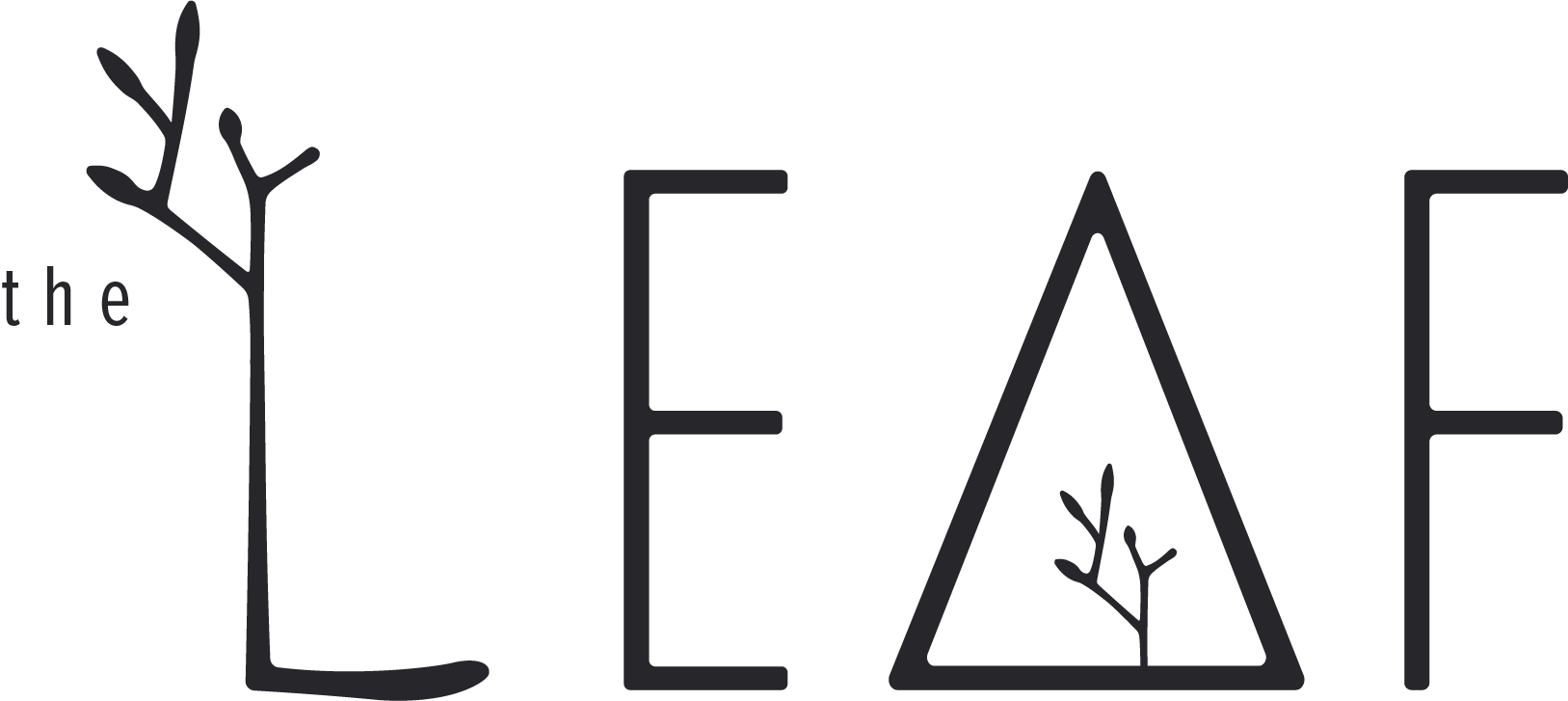The East African Coastal Forests
On May 10th, LEAF hosted a tree planting event at our site at Pwani University, Kilifi County, Kenya. Over two days our botanists and volunteers from the university planted 1,000 trees, comprising 127 native species, nearly a third of which are considered vulnerable, endangered or critically endangered - making this the most biodiverse tree planting event to have been carried out in East Africa. This represents a significant step in our contributions to supporting the highly threatened, yet little known East African Coastal Forests.
The East African Coastal Forests are located in Kenya, Somalia, Tanzania, and Mozambique, along the coastline of the Indian Ocean. The Northern reach of this tropical dry forest spans Somalia, Kenya, and Tanzania, and is classified as a biodiversity hotspot, containing more than1500 endemic vascular plants, but currently retain less than 30% of their original vegetation cover.
These forests have the lowest remaining percentage of original vegetation of all African biodiversity hotspots, and the third lowest globally, but are home to over 4,000 endangered plant species of which nearly half are endemic. If these species disappear, they are irreplaceable as they cannot be found anywhere else in the world. The Eastern African Coastal Forests are considered ‘relics’ and are a quickly vanishing refuge for these species, as the forests continue to be converted for other land uses, such as agriculture, and become more fragmented and exposed to the impacts of climate change. Without intervention these species could be lost by 2050.
Expansion of urban areas, agriculture and roads continues to contribute to the fragmentation of these forests, which provide vital natural resources and sources of livelihood for local people. Conversion of and extraction from these forests is currently unsustainable. The majority of Kenya’s people rely on agriculture, which is highly exposed to climate change; degradation of productive lands due to the changing climate drives forest conversion. Charcoal production is another key livelihood activity and a high proportion of households are reliant on wood fuel.
LEAF recognises the social and biological importance of Eastern African Coastal Forests. These forests support the livelihoods of some of Kenya’s most vulnerable people and contain an abundance of threatened species. The area that LEAF is restoring at Pwani is a great opportunity to engage with botanists at the university and to closely monitor our seedlings of different species (including endangered species) on an area of private land. Our vision for the future of Pwani is to be able to contribute our gained knowledge through research, training and outreach to promote further reforestation and sustainable use of the coastal forests’ biodiversity to support humans and wildlife alike. You can find more information on our Pwani project here.



